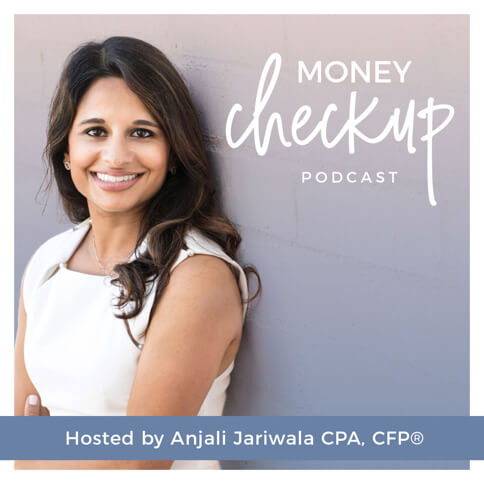As the costs of childcare and elder care continue to rise, we may see more and more of our peers choosing to step away from work to have children or care for aging relatives. And there are dozens of other reasons professionals might step away from work for a period of months or years, from going back to school to moving to a new home.
Whatever the reason for your career break, the sooner you can begin preparing financially, the easier the transition will be. You may need to cut back on your spending, make changes to your health insurance, or modify the way you save and invest.
These can be big changes, but with preparation, they’re manageable. And for time with your loved ones or a career you’re passionate about, it’s well worth the effort.
Why are You Taking a Break?
Sometimes the reasons for a career break are obvious — having children or caring for an aging loved one, for example. Caregiving is physically and emotionally exhausting. If you know a commitment like this will span months or years, leaving your job may make more sense than taking parental or caregiver leave.
But if you’re considering leaving your job for another reason, like burnout, spend some time thinking about what you really want. When I talk to my clients about the FIRE (Financial Independence Retire Early) movement, I usually start by asking: What is your ideal life? Most say they want to work less or to have more control over when and how much they work.
If that’s the case for you too, consider whether you can achieve the same results by cutting back on your hours or making a career change. Those choices may reduce your income, but so will leaving your job altogether.
Before you commit to a career break, talk to your loved ones and your financial advisor about why you want to do this. Making changes to how you work may be enough to give you the control you want over your professional life.
Preparing Your Finances for a Career Break
Long before you leave your job, sit down with your spouse or partner and review your cash flow. If you’ve never analyzed your spending this way before, now is a great time to start. Review your bank and credit card statements and categorize your expenses. Include fixed expenses, like housing, utilities, insurance, and student loan payments, as well as fluctuating expenses like food, travel, and shopping.
Next, do an experiment: If you remove one of your incomes from that equation, what corresponding cuts will you have to make to your expenses? Is it possible for you to maintain your current lifestyle with that amount of income? If not, what changes would you have to make — and are you both willing to make those changes?
At the same time, consider any savings that will result from your career break. If this change would mean you didn’t have to pay for childcare or in-home healthcare, for example, factor that in.
If you agree that your family will need to live on less, begin cutting back on your spending and saving the difference. You may want to grow your emergency fund beyond recommended three to six months of expenses. If only one partner is working and that person loses their job, you won’t be able to cut back and live on one income while they search for a new one.
Alternatively, if you know your career break will be temporary, you can set aside funds for discretionary expenses like travel now and spend them later.
The third consideration in your cash flow, other than income and expenses, is savings. Talk to your partner and your financial advisor about how saving and investing will change during your career break. Aim to continue saving for retirement, even if it means you have to cut back on real estate investing or other goals.
Lastly, plan to replace the company benefits you’ll lose when you leave your job. If you receive a 401(k) match, try to make the annual maximum contribution before you leave so you can receive as much of the match as possible. Remember to switch to your partner’s health insurance. If your job offers a commuting stipend or gym membership, remember to work those expenses into your budget too.
Making the Most of Your Break
Lots of career breaks are prompted by big life changes, like having a child or caring for a relative. If that’s the case for you, try not to make too many other commitments during this time. FIT Advisors’s first year overlapped with my pregnancy and my daughter’s birth, and running a business with a newborn was completely exhausting — I don’t recommend it!
That said, it can be helpful to plan something for your break that will help you feel like you’re still learning and growing professionally. For example, if you already invest in real estate, you may be able to qualify for real estate professional status, allowing you to offset losses from a real estate business against your household income.
If you plan to return to your current career path after one or several years, don’t disengage from your field altogether. Keep reading industry news, even if it’s just a few times per month. Try to stay in touch with your close colleagues. As you get closer to returning to work, expand your networking efforts in whatever way makes sense for your field.
For those of us who like to plan in as much detail as possible, it can be really difficult to leave a job without knowing what awaits on the other side. Thinking ahead to how you’ll re-enter the professional world can help ease some of those fears and make it easier to take a leap.




